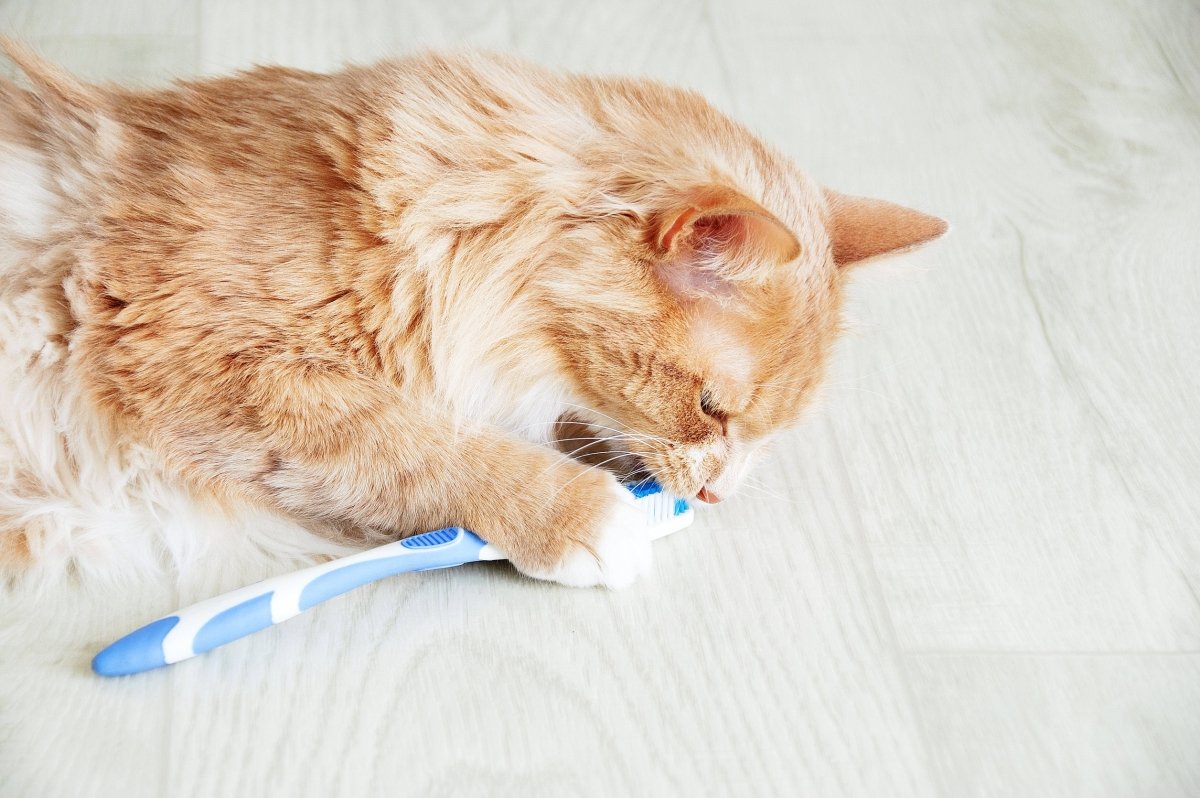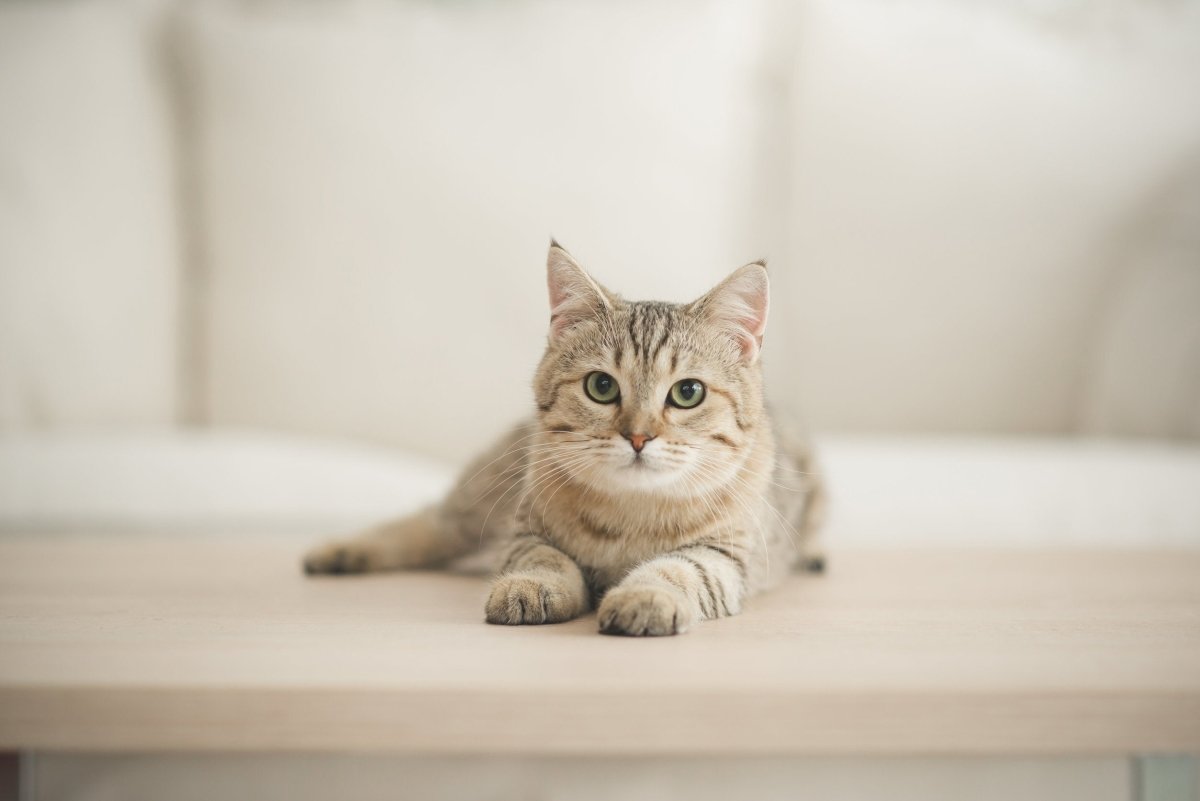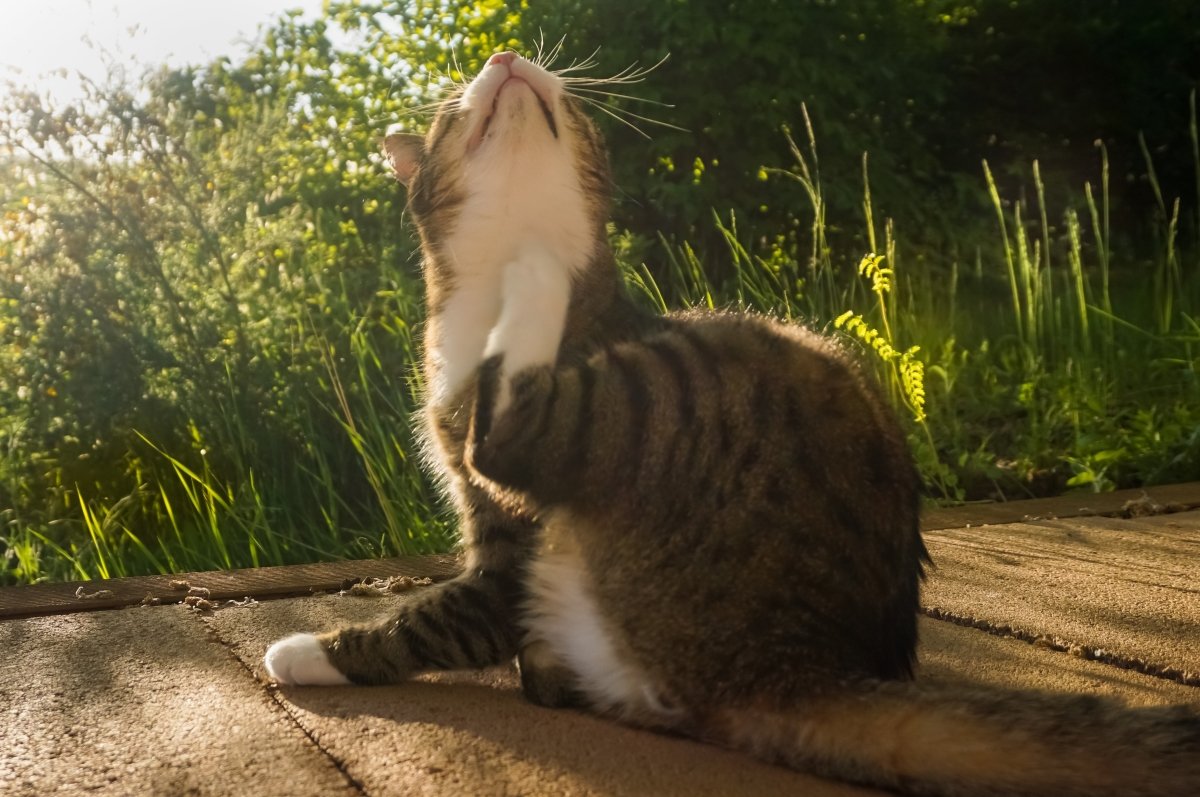The majority of cats suffer from dental problems such as gingivitis or the painful FORL disease as they get older. This makes dental care all the more important for cats. As your cat's teeth, and especially the necks of its teeth, are very sensitive, you should pay attention to ideal dental care right from the start.
Below we explain how to care for your cat's teeth to keep them bright white and strong for a long time, which products you need for this and when you should have your cat's teeth examined by a vet. We also give you important nutrition and care tips to prevent painful dental diseases. Take a look at our cat wiki, for example, to find out everything you need to know about proper dental care for cats.
Do I have to brush my cat's teeth?
This may sound strange at first, but for many cat owners it's part of everyday life. In fact, brushing your cat's teeth prevents dental disease. However, a cat that already suffers from tartar, gingivitis or FORL cannot be "cured" by brushing its teeth. That's why proper dental care for cats is of immense importance right from the start.
If your cat's teeth are already sensitive to pain, it will certainly not let you put your hands in its mouth. In this case, you should visit the vet as soon as possible, who will be able to give you tips on how to care for your cat's teeth properly. But even with healthy cats, you should not put your finger directly into their mouths. Slowly get your cat used to brushing and caring for its teeth.
You should make yourself comfortable for this. In a relaxed situation, you can lift your cat's lips from time to time and gently massage the gums at some point. Once you have done this, you can either wrap your finger with a gauze bandage or buy a special toothbrush from a pet shop. Here you can also find cat toothpastes and gels in different flavors. We can advise you on the right dental care for cats.
Of course, you should only use suitable products for cats. If your cat doesn't want a finger or even a toothbrush in its mouth, you can find additional dental care products forcats below.
Consequences of poor dental care for cats
But what happens if I neglect my cat's dental care? Many cat owners discover after years that their cat no longer wants to eat, withdraws or becomes thinner and thinner. This is often caused by dental or gum problems, which can be particularly painful when eating.
If your cat now has toothache, you don't need to blame yourself. Approximately ¾ of all cats get problems with their teeth in the course of their lives. As these can be very painful, you should have them treated as early as possible. However, proper dental care for cats helps to prevent toothache.
Spread of gingivitis as a result of inadequate dental hygiene in cats
Regular dental care for cats and check-ups by the vet can also prevent the spread of bacteria caused by gingivitis. Just like in humans, leftover food leads to plaque formation, which in later stages results in periodontal disease or gingivitis.
This inflammation allows bacteria to accumulate. In the worst case scenario, "simple gingivitis" can lead to the bacteria migrating into the bloodstream and into the heart or lungs, for example, where they can cause serious illness. To counteract this, proper dental care for cats is of great importance.
If tartar has built up over the years, it should be removed by a vet. Your cat or cat will be put under general anesthesia to wake up with clean teeth again. If the neck of the teeth is already exposed or there are large holes in the teeth, these should also be removed under general anesthetic. Prevent this from happening by making sure your cat has proper dental care.
Recognize FORL & have it treated
Unfortunately, FORL (Feline odontoclastic resorptive lesions) is also a very common, unpleasant dental disease in cats. In this case, both the tooth root and the tartar dissolve from the inside out. This is probably caused by a lack of calcium, which is responsible for the development of certain cells. These cells ensure that the dentin of the cat's teeth slowly breaks down. You can counteract this process with the right dental care for cats and the right products.
As nerves in the tooth remain largely intact, FORL can be very painful for cats. In order to be able to interpret the symptoms as early as possible, we would like to tell you the typical signs of FORL:
- Refusal of treats/dry food
- Cries of pain when eating
- Injuries in the mouth (due to sharp corners of broken teeth)
- Lethargic behavior
- Tilting or shaking of the head
- Teeth chattering or grinding
If any of these symptoms occur, you should have your cat examined by a vet. Pain symptoms in particular are a clear indication that your cat is unwell and should be treated. The same of course applies to bleeding, purulent abscesses etc. Dental care cannot always prevent inflammation or disease in cats, but it can counteract it.
The ideal dental care for healthy cat teeth
Whether your cat develops dental problems or not depends largely on the care and diet. Just like with us humans, unhealthy "fast food" can also have a negative impact on cats. Not only on their weight, but also on their dental health. This makes it all the more important to support cats' teeth with the right dental care.
One way to prevent inflammation or tooth decay is to brush their teeth. We explained how to do this at the beginning of this article. Now we'd like to give you some more tips on the right diet and other dental care products for cats to ensure that your cat's dental care is effective.
Important for dental care in cats: Sugar-free food protects the teeth
We can't explain what sugar is doing in cat food, but one thing is clear: sugar is poison for the teeth. This also applies to the teeth of cats, who do not clean their teeth on animals they have hunted themselves. For this reason, you should take a closer look at the ideal diet and dental care for cats.
The natural cat food from AniForte contains no unnecessary preservatives, flavorings, sugar or grains. Not only does it taste much better for your cat, it also makes dental care easier for cats and prevents dental disease.
To protect your cat's teeth from toxic sugars, we recommend our natural cat food or switching to BARF. We provide you with all the important trace elements, minerals and natural supplements for your cat. This makes dental care for your cats a breeze.
Protect teeth and gums with the right dental care for cats
Older cats are often stubborn and don't want to start brushing their teeth at an advanced age. In this case, there are alternatives such as our Denta Clean & Care powder for dogs and cats. This is all-natural, rich in protein and ensures improved oral hygiene, less bad breath and generally more effective dental care for your cats.
In combination with tooth brushing, make sure that you do not damage your cat's teeth with this gentle care. Brushing their teeth once a week and adding ¼ teaspoon of our Denta Clean & Care powder to their food every day is enough to protect their oral cavity with appropriate dental care for cats.



